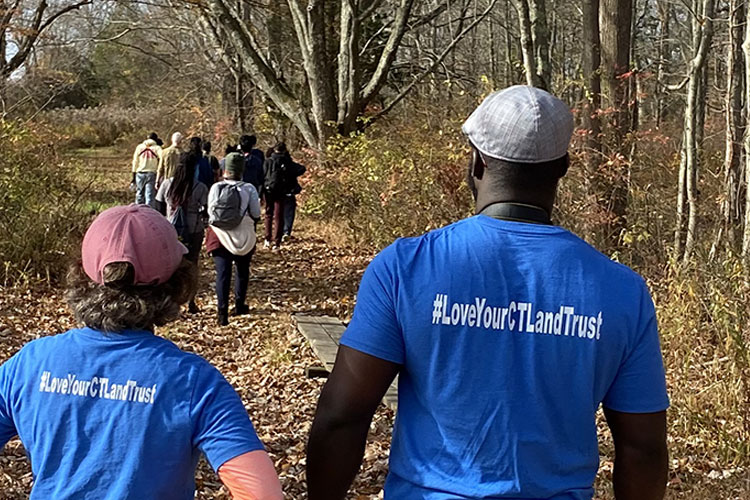Easement Types
Comparison of U.S.-Held and "Entity-Held" Easements
This page is best viewed on a desktop or large tablet.
U.S.-Held Easements
Entity-Held Easements
Easement Holder
Acquired and held by the United States by and through USDA NRCS
Acquired and held by an eligible entity (7 CFR Section 1468.3)*
*See FAQs Q7 for eligible entity definition
Easement Deed Requirements
DEED Template Coming Soon.
DEED Template Coming Soon.
Right of Enforcement
—
Entity Held Easements can have deed terms with a U.S. right of enforcement or without
Duration
Easements are perpetual or maximum duration allowed under State law
Easements are perpetual or maximum duration allowed under State law
Potential Eligible Land Types
Private agricultural land, nonindustrial private forest land or associated lands (e.g., riparian areas, grasslands, floodplains, seasonal or flooded wetlands).
Basis for RCPP Compensation Cap
Landowner is paid a percentage of the value of the easement.
- Up to 100% of easement value for a high level of landowner restriction
- Up to 75% of easement value for a moderate level of landowner restriction
- Up to 50% of easement value for a low level of landowner restriction
Cost-share provided to the entity for their purchase of an easement based on a percentage of the value of the easement.
- Up to 50%—with U.S. right of enforcement
- Up to 25%—without U.S right of enforcement
Valuation Methodology
Easement value determined via appraisal.
Easement value determined via appraisal of before-and after fair market value of the offered acres
Partner Match
Matching funds provided by partners are not required but contributions are encouraged to further RCPP project objectives.
Any landowner donation associated with U.S.-held easements cannot count as partner contribution for the project.
Partner match is required and may consist of any combination of landowner donation toward easement value or partner cash contribution toward payment of easement compensation to the landowner
RCPP Award Type for Easement Purchase
Producer contract entered into directly with eligible landowners.
Supplemental agreement entered into with an eligible entity that will hold the easement on eligible land.
Allowed uses of RCPP Financial Assistance
Cost of easement itself, acquisition-related costs (e.g., appraisal, survey, due diligence, title and closing services), restoration implementation costs.
Cost of easement itself, costs for NRCS technical appraisal review, and NRCS environmental database search.
RCPP financial assistance funds awarded for an entity-held easement may not be used for any other purposes.
